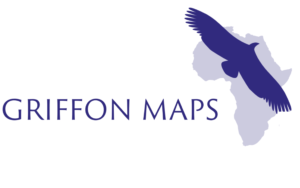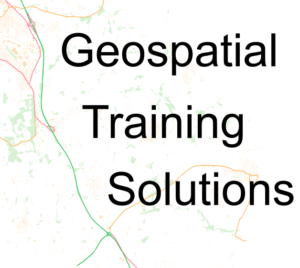No previous programming experience is required!
We look forward to enabling you to:
- become a confident R user
- explore, understand and visualise your data with flair and confidence
- enjoy putting your spatial data onto a map

Day 1: How R works (Dr Alex Lewis)
Like spoken languages, R uses small units which work together to create more complex structures. On day 1, we explore these units so that you understand both their identity and how they work. We then spend time becoming familiar with them in isolation, so that everyone is comfortable with how they can then fit together. This provides the solid base needed to go forward with R for any area, from visualisation, to statistics, to text analysis. We also ensure that everyone finishes the day happy with how RStudio works and how data in brought into and out of it.

Day 2: Making maps with R (Dr Nick Bearman)
Using the skills from day 1, you will learn how to explore and present spatial data by making different types of maps. This will give you great control over your research as well as negating the need for expensive, commercial software. Data displayed like this gives instant clarity to information that is often lost in table or spreadsheet form. It is therefore critical not only in result presentation, but also in guiding the direction of analyses.
Day 3: Spatial analysis with R (Dr Nick Bearman)
We will cover the theory of exploratory data analysis, spatial autocorrelation and local clustering in order to understand what impact they have on your data analysis. Building from both previous days, you will learn how to perform spatial autocorrelation and local clustering analysis in R, as well as using the additional interactive visualisation platform GeoDa.
We can run this course at your workplace, please get in touch for a quote or if you have any questions.
Dr Nick Bearman | +44 (0)7717 745715 | +44 (0)1209 808910


nick@geospatialtrainingsolutions.co.uk
www.griffonmaps.co.uk
www.geospatialtrainingsolutions.co.uk
